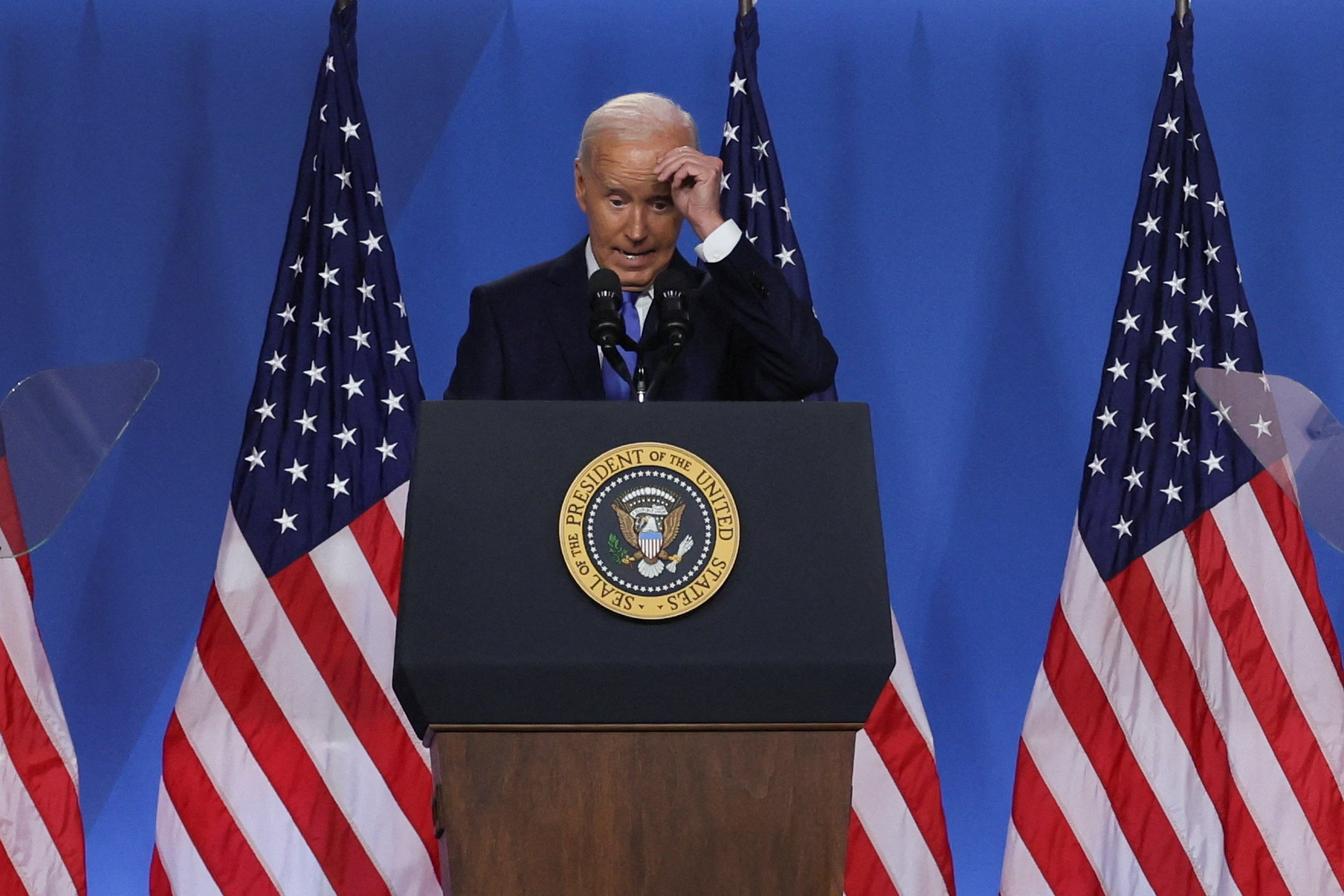Journalist and Substack author Drew Holden dissected the media’s uneven approach to political coverage—particularly in the handling of President Joe Biden’s cognitive health and the backlash surrounding a video played by Donald Trump depicting the plight of white farmers in South Africa.
The discussion began with the media’s introspective turn following the release of Jake Tapper and Alex Thompson’s book on the Biden presidency. Holden noted the irony of prominent journalists now sounding alarms they once ignored. “They’re cashing in on a mistake they helped create,” Holden said, referencing how Tapper and Thompson are positioning themselves as reformers of the very press corps they once helped shape.
Dan Proft and Amy Jacobson criticized what they described as belated accountability from the DC press corps. In particular, they mocked CNN’s “aggressive” questioning of Tapper and Thompson—pointing out that this newfound demand for transparency, especially around presidential health, seems conveniently timed as the 2024 election cycle heats up. “Thank goodness Tapper discovered just in time for Trump that it’s okay to be less polite,” Proft quipped.
The conversation shifted to White House spokeswoman Karoline Leavitt’s fiery exchange with MSNBC’s Yamiche Alcindor over a video President Trump played during a meeting with South African President Cyril Ramaphosa. The video featured white crosses commemorating white South African farmers allegedly killed in racially motivated attacks. Alcindor questioned the video’s credibility, prompting Leavitt to cite sources, including the Associated Press and Genocide Watch, to back its authenticity.
Holden highlighted this moment as another example of selective skepticism within mainstream media. “When Republicans present claims, the fact-checkers come out in force,” he said. “But when it’s Democrats, especially the Biden team, there’s a total lack of curiosity.”
Proft added that media outlets were happy to rely on Biden’s handlers for access and messaging during his presidency, even when they were kept at arm’s length. Holden agreed, citing a New York Times piece that portrayed Biden as a tireless leader in 2023—based entirely on secondhand accounts from staffers. “That piece would make Stalin blush,” Holden remarked, noting its praise for Biden’s stamina and intellect.
Holden argued that the press’s failure to properly investigate Biden’s health or decision-making capabilities has created a vacuum of accountability. With new revelations—including the Justice Department’s special counsel audio and Biden’s recent prostate cancer diagnosis—he believes Congress must step in. “There’s no bigger story in the last five years than whether the man with the nuclear codes was mentally fit,” he said. “We need hearings.”
The conversation concluded with speculation about who, exactly, made the key decisions in Biden’s inner circle. Holden named longtime advisers like Jake Sullivan, Ron Klain, and most significantly, First Lady Jill Biden as central figures. However, he cautioned that even this narrative could be part of ongoing media damage control, stressing the need for formal investigation.
As Holden put it, “You can’t rely on party-motivated journalists to tell the full story. If we don’t find out who knew what and when, we’ll never learn the truth.”
Holden writes at his Substack, Holden Court, and continues to track media inconsistencies and political spin in real-time. His appearance served as a sharp critique of both press complicity and political obfuscation—raising hard questions about transparency, accountability, and trust in American institutions.





